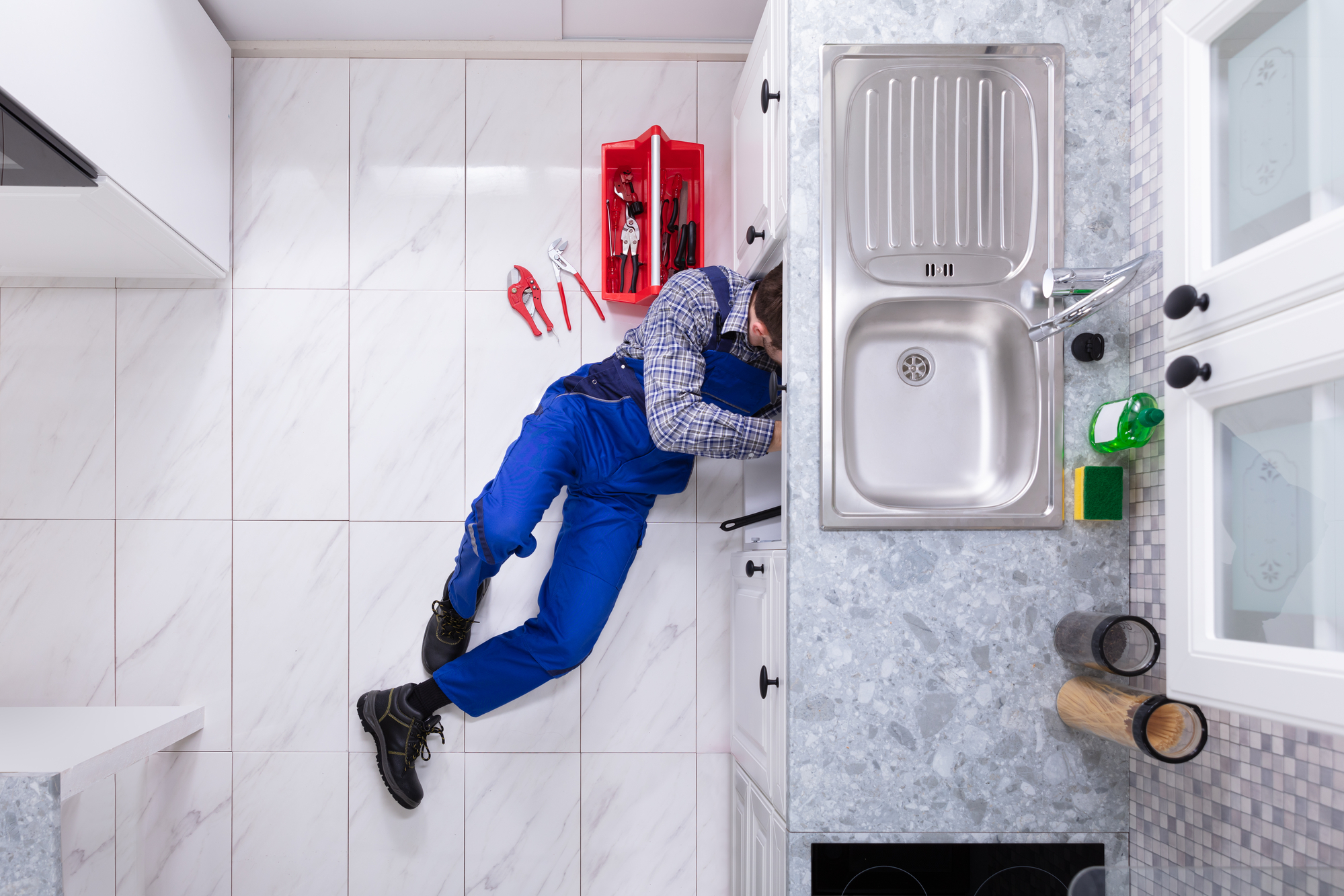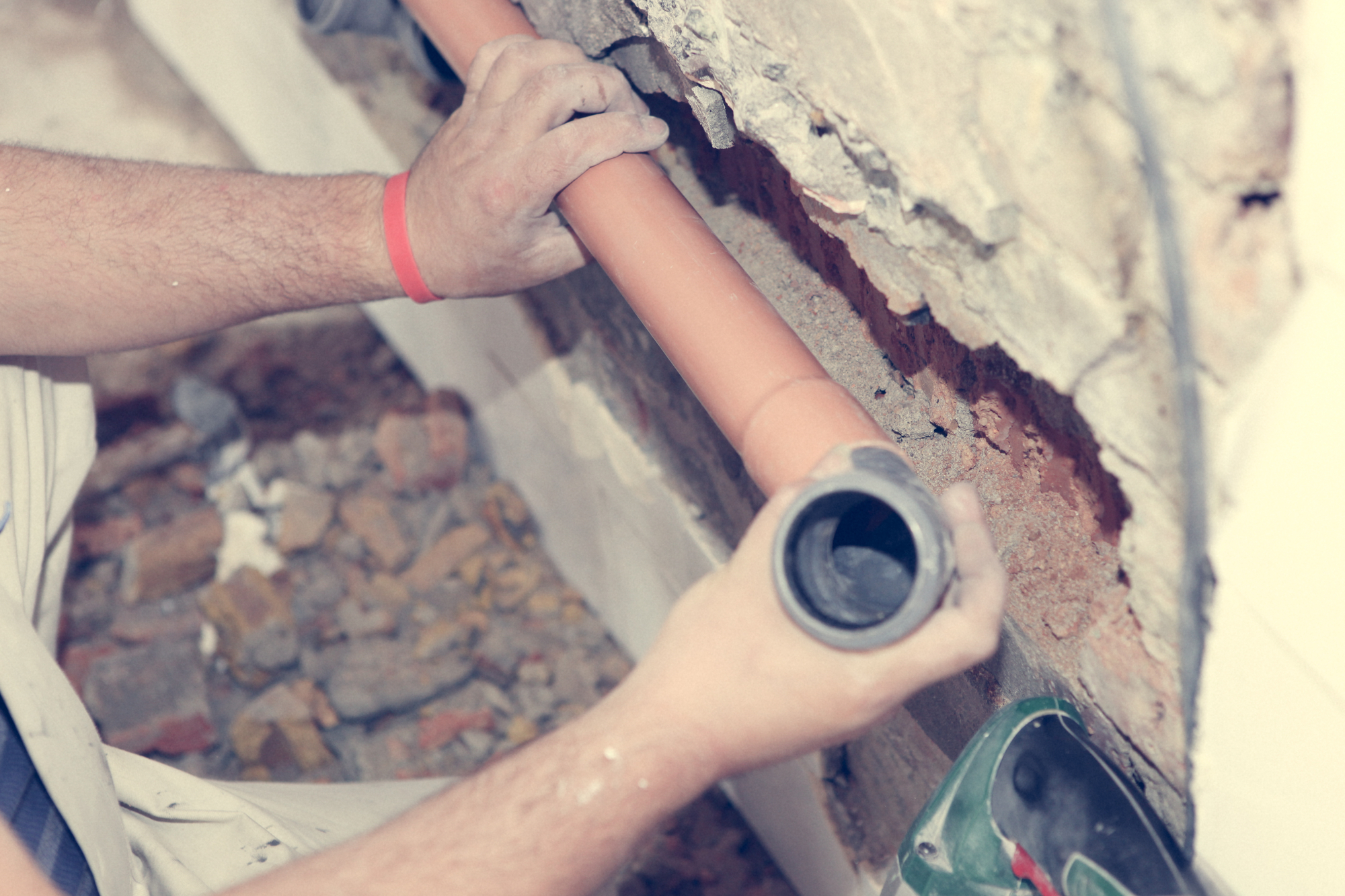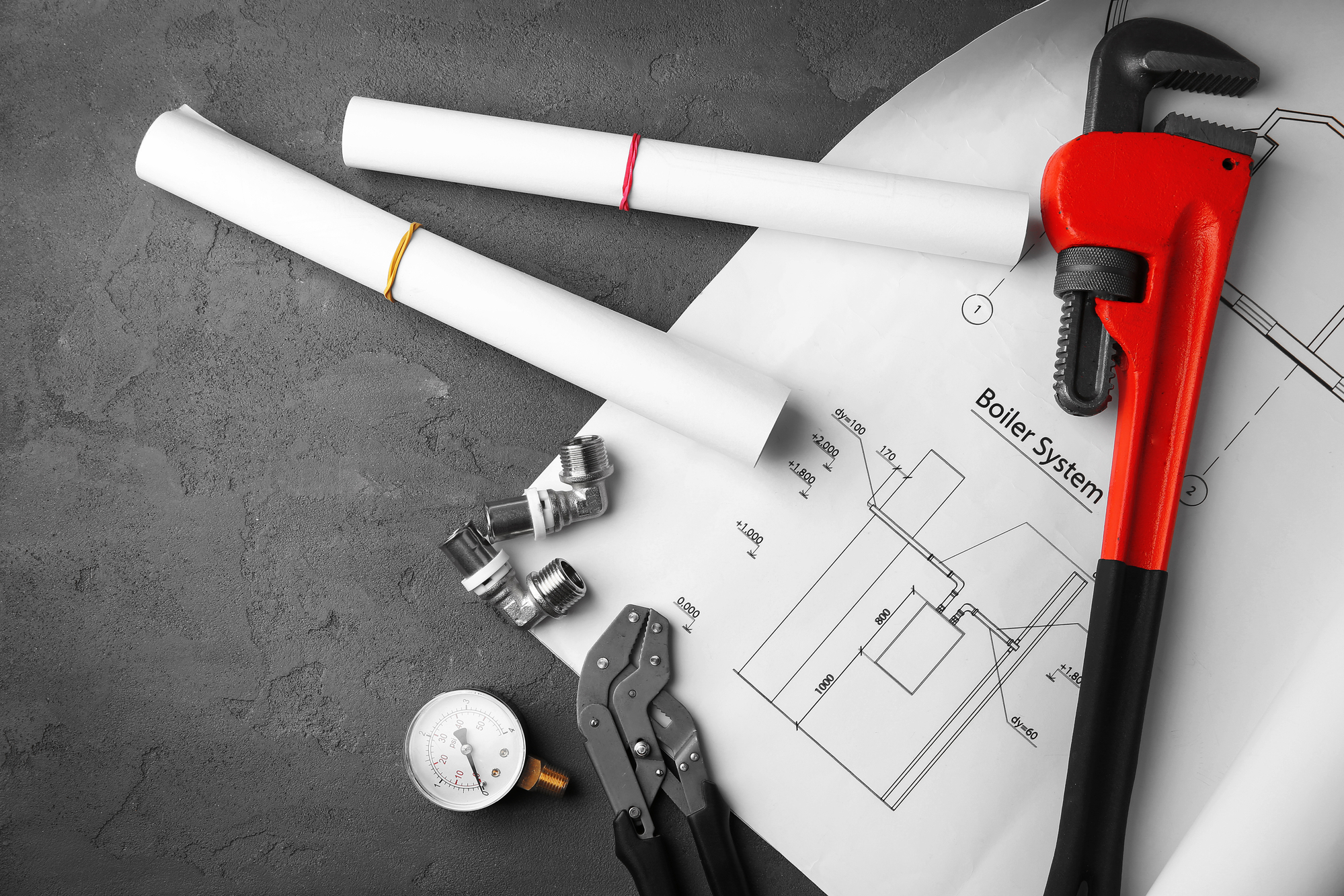When it comes to plumbing systems, there are many types of valves that are used to control the flow of water. One such valve is the constant pressure valve. In this article, we will explore this valve in more detail and explain how it works, what it is used for, and its benefits.
What is a Constant Pressure Valve?
A constant pressure valve, also known as a pressure-reducing valve, is a type of plumbing valve that is designed to regulate water pressure flow into a building or system. The valve controls the pressure by reducing the higher-pressure input to a lower-pressure output.
How Does a Constant Pressure Valve Work?
A constant pressure valve works by balancing the pressure of the incoming water with the pressure of the outgoing water. When the incoming water pressure is higher than the outgoing pressure, the valve will open and allow water to flow through the system at a controlled rate.

Once the outgoing pressure matches the incoming pressure, the valve will close, stopping the flow of water altogether until the pressure differential returns to acceptable levels. This cycle continues automatically, ensuring the pressure is kept constant within the desired range.
What are the Benefits of a Constant Pressure Valve?
A constant pressure valve has many distinct advantages over other plumbing valves, including:
1. Consistent Water Pressure: By regulating the water pressure, a constant pressure valve ensures that the water always flows at a consistent rate. This can improve the performance of appliances like washing machines and dishwashers that rely on consistent water flow to function effectively.
2. Prevention of Leaks and Water Damage: A constant pressure valve can detect and alleviate excess pressure in plumbing systems, which can prevent leaks and water damage in the home.

3. Energy Savings: Constant pressure valves can save energy by reducing the overall water pressure in a system. In addition to helping reduce water usage, this also helps reduce energy consumption used to pump the water.
4. Extended Lifespan of Appliances: Appliances that operate under consistently strong water pressure can break down quickly. A constant pressure valve can help to reduce the stress on these appliances and extend their lifespan.
5. Improved Safety: Excess pressure can cause a variety of safety issues such as pipe bursts, valve failures, and damage to the plumbing system. A constant pressure valve can help provide greater peace of mind and ensure the safety of your home’s plumbing system.
How is a Constant Pressure Valve Installed?
The installation of a constant pressure valve is a complex process that requires the skills and experience of a licensed plumber. The valve must be sized properly and installed correctly to ensure optimal performance.
The first step is to evaluate the incoming water pressure and determine the right valve for the system. Once the valve is selected, it must be installed on the main water line entering the building or structure.
During installation, the accuracy of the pressure gauge must be checked and calibrated accordingly. Finally, the valve must be pressure-tested and checked for leaks before being put into operation.
In conclusion, a constant pressure valve is an essential component of any plumbing system, to ensure that the water is flowing at a constant, safe pressure level at all times. It provides a variety of benefits, including consistent water pressure and improved safety for your plumbing system. If you think your home could benefit from a constant pressure valve, contact your local plumbing professionals to assess your plumbing needs. Visit our website aceplumbingrepair.com or give us a call at (844) 711-1590 to schedule a consultation.






